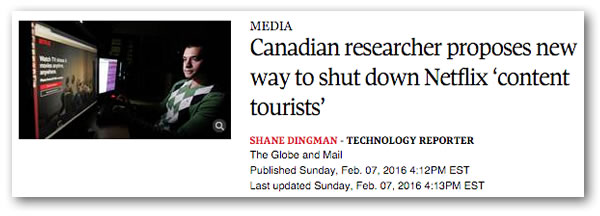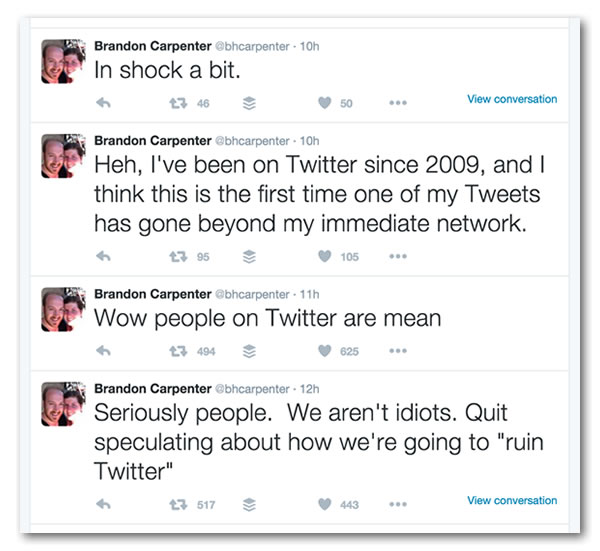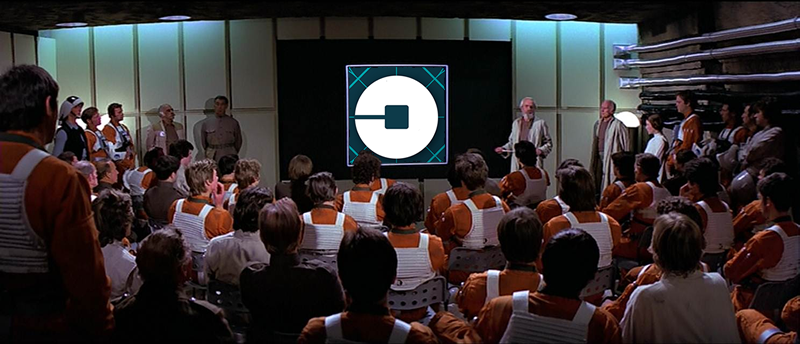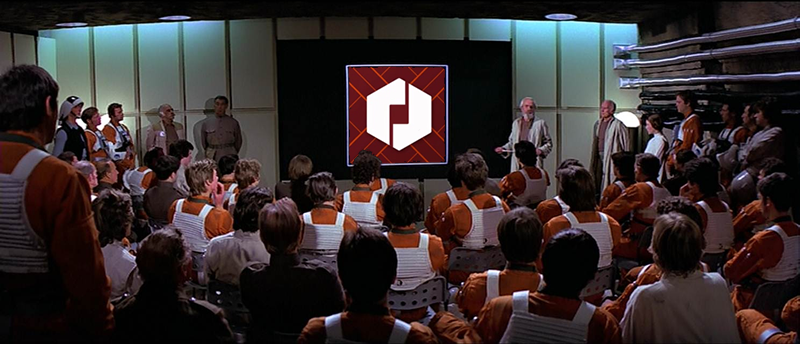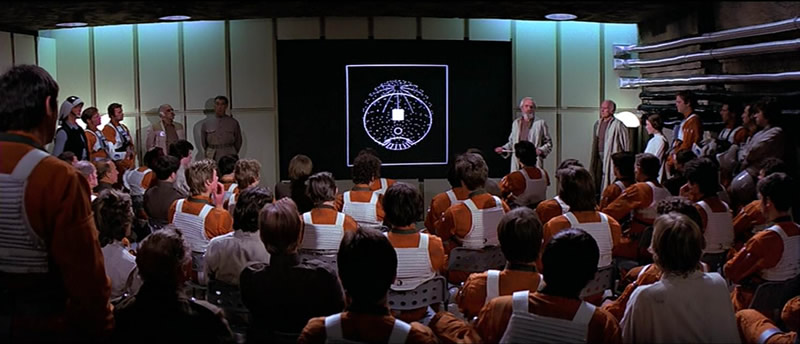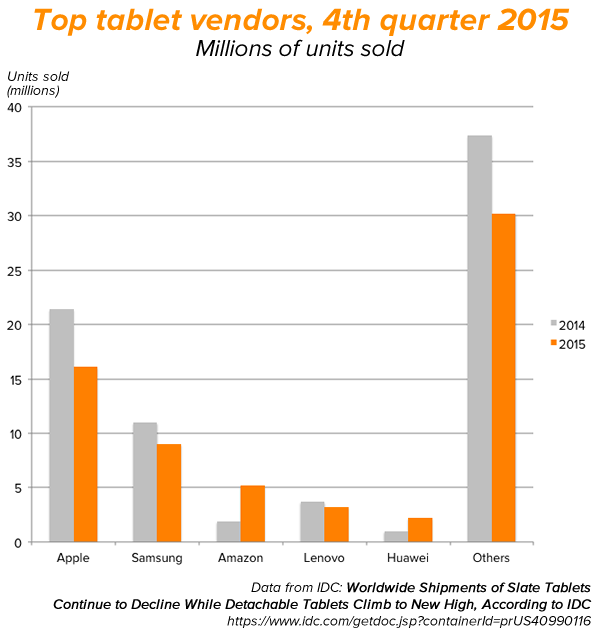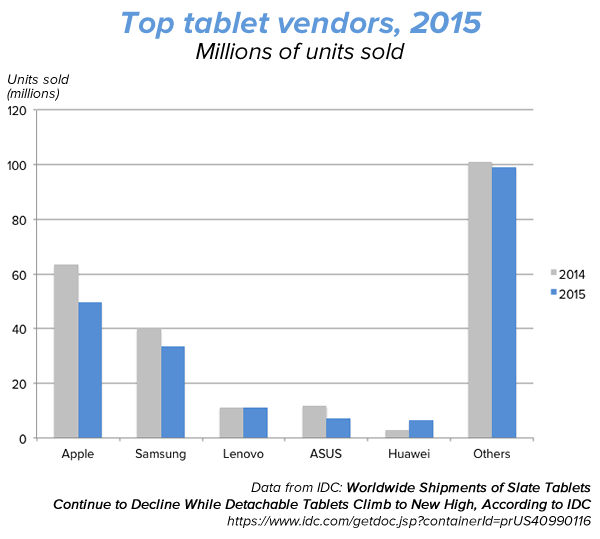The Canadian newspaper The Globe and Mail recently published an article on AbdelRahman Abdou, a postdoctorate student at the Carleton University’s Computer Security Lab, whose work in network measurement is focused around getting a more precise fix on a user’s precise geographic location based on physical properties of the internet rather than indirect methods like using IP addresses.
The practical use of such research, as this article’s headline suggests, is that it’s a way to counter workarounds like VPNs, that people use to access streaming video services that aren’t available in their regions or countries. What the article fails to mention is that this technology will also find willing customers in repressive regimes that like to monitor, control, and limit their citizens’ access to the internet and information.
As my friend Sean Galbraith put it, “He’s going to be very popular in some awful places.”
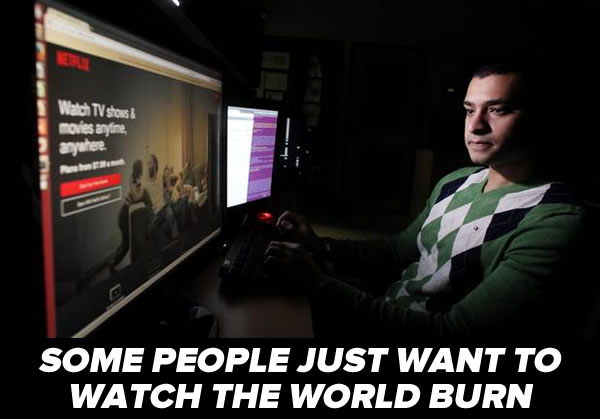
I’m surprised that Abdou consented to a non-anonymous interview, but it’s quite possible that he thinks he is, in the words of Silicon Valley, making the world a better place, and he may not have been in a social situation where he’s had to answer the question “So what is it that you do?”.
I’ve shown the article to my friends, and the response has been the same: it’s the line that works as a replacement caption for just about every New Yorker cartoon ever made:

